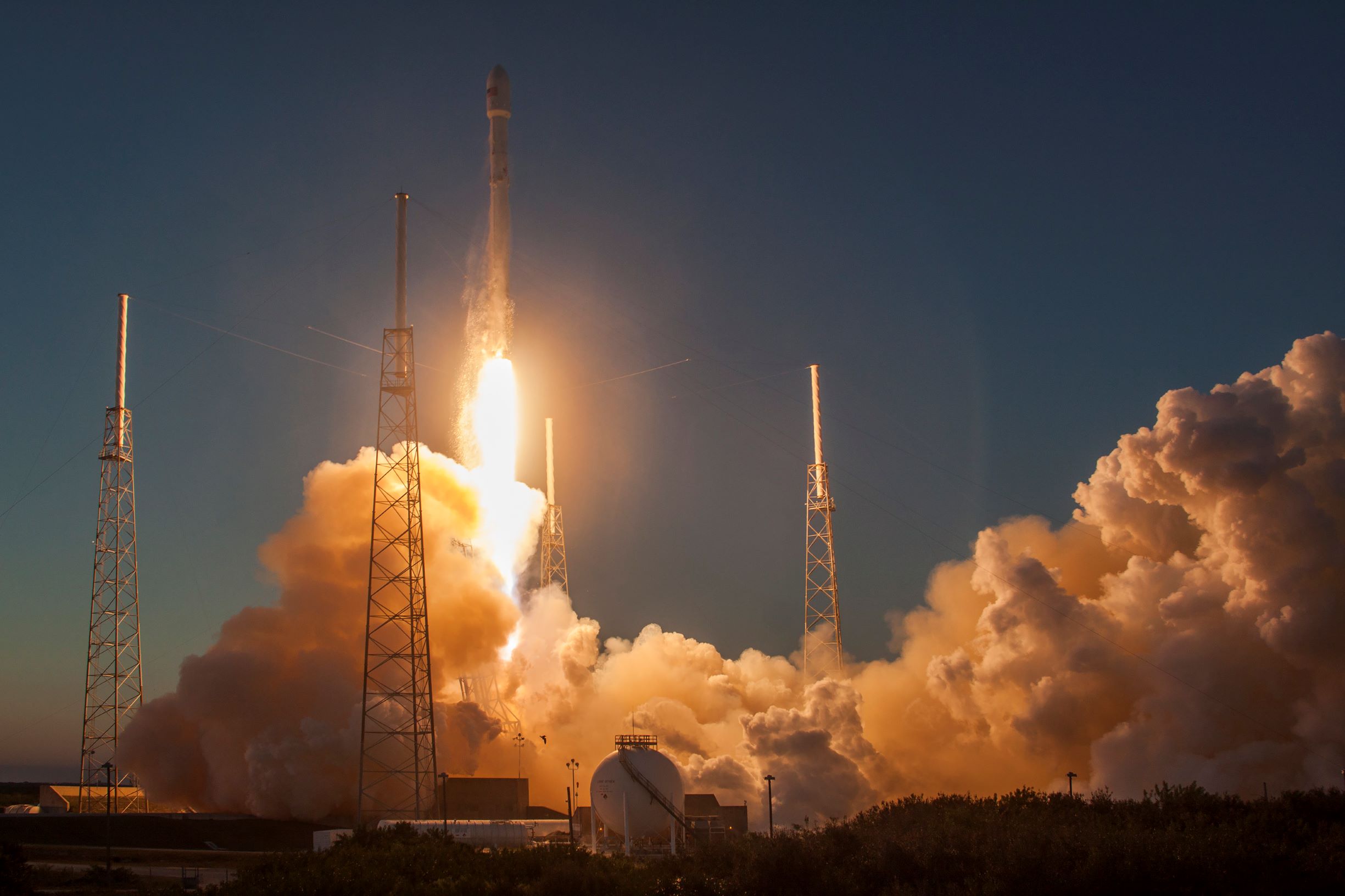Why it matters: As the race towards a satellite internet network heats up, SpaceX has won another complicated regulatory battle. Despite concerns about interference and collisions, the Federal Communication Commission has let SpaceX modify its plan, bringing 1584 future satellites down from 1150 km to just 550 km.
SpaceX's upcoming satellite internet network Starlink will pair thousands of internet-beaming satellites with one million ground stations to provide internet access to the entire globe. Half the satellites required will be launched by 2024, leading to a limited commercial rollout in three to five years.
In March last year, the FCC approved the first batch of satellites: 4425 orbiting between 1100 km (685 miles) and 1325 km (825 miles). In November, SpaceX received approval for the second batch, 7518 satellites orbiting at 345 km (215 miles). However, SpaceX then threw a spanner in the works and requested that 1584 satellites from the first batch be shifted down to 550 km (340 miles), and the FCC has now finally approved that as well.
SpaceX is now fully authorized to launch and operate all 11,924 satellites they need for Starlink.
"This approval underscores the FCC's confidence in SpaceX's plans to deploy its next-generation satellite constellation and connect people around the world with reliable and affordable broadband service," SpaceX president Gwynne Shotwell said.
First two Starlink demo satellites, called Tintin A & B, deployed and communicating to Earth stations pic.twitter.com/TfI53wHEtz
--- Elon Musk (@elonmusk) February 22, 2018
SpaceX learned from their test satellites TinTin A and B that lowering the orbit reduces the number of satellites needed by sixteen and makes them much easier to push into Earth's atmosphere so they can burn up when it comes to clean-up time. It also reduces latency to just 15 milliseconds, 1/67 of a second.
Of course, there are risks too: a higher chance of colliding with other satellites and the potential for generating signal interference for other networks. The FCC addressed the former saying, "SpaceX claims, because all its satellites have propulsion and are maneuverable to prevent collisions, they are considered to pose zero risk to any other satellites in this orbital region." Regarding the latter, they simply declared that the approval was in the public's best interest.
SpaceX plans to launch the first production batch of satellites sometime next month. They'd better be quick with getting more up there though: Amazon has also jumped on the bandwagon, as have Keplar Communications, Telesat Canada, LeoSat, OneWeb, Boeing and Facebook.
